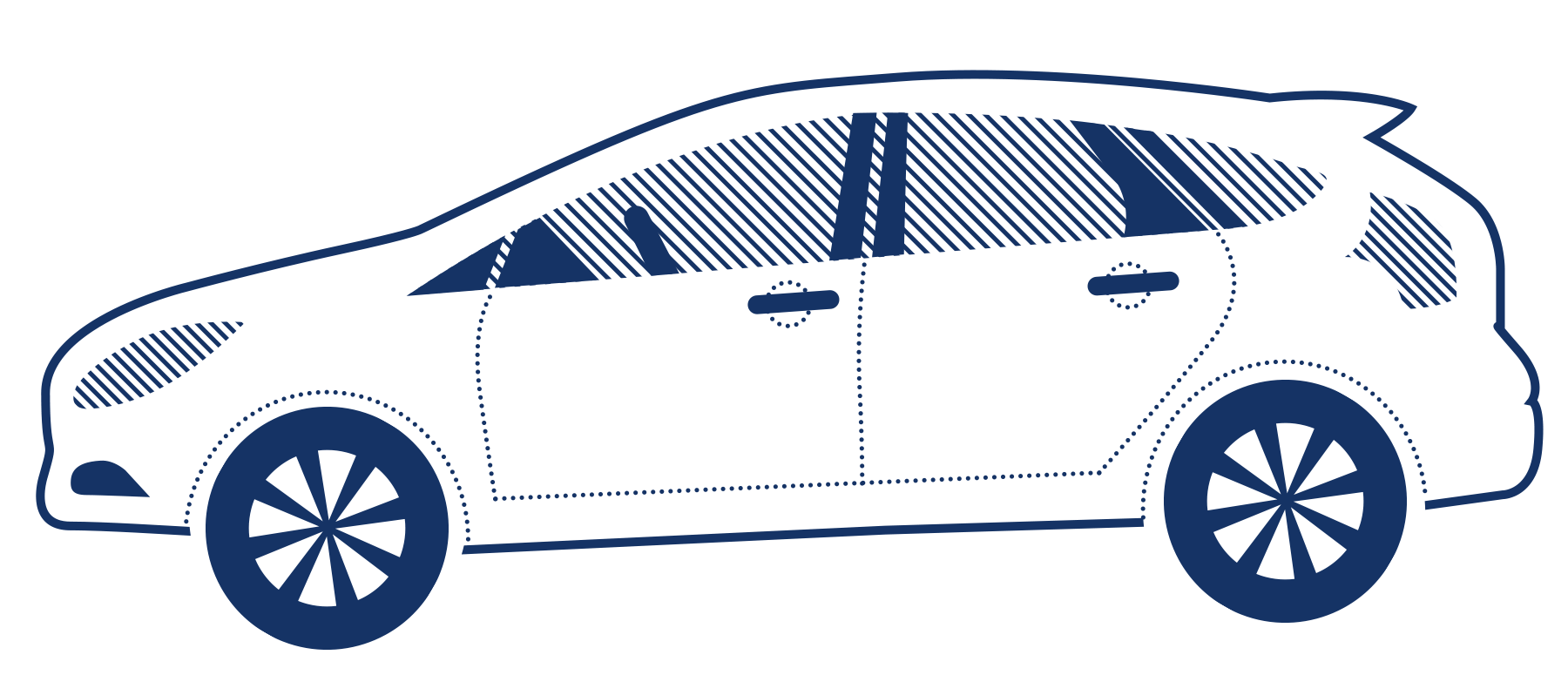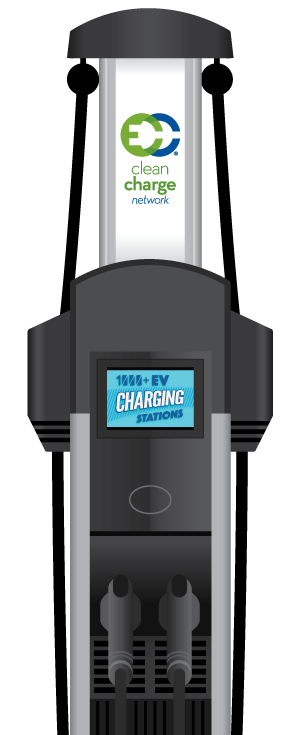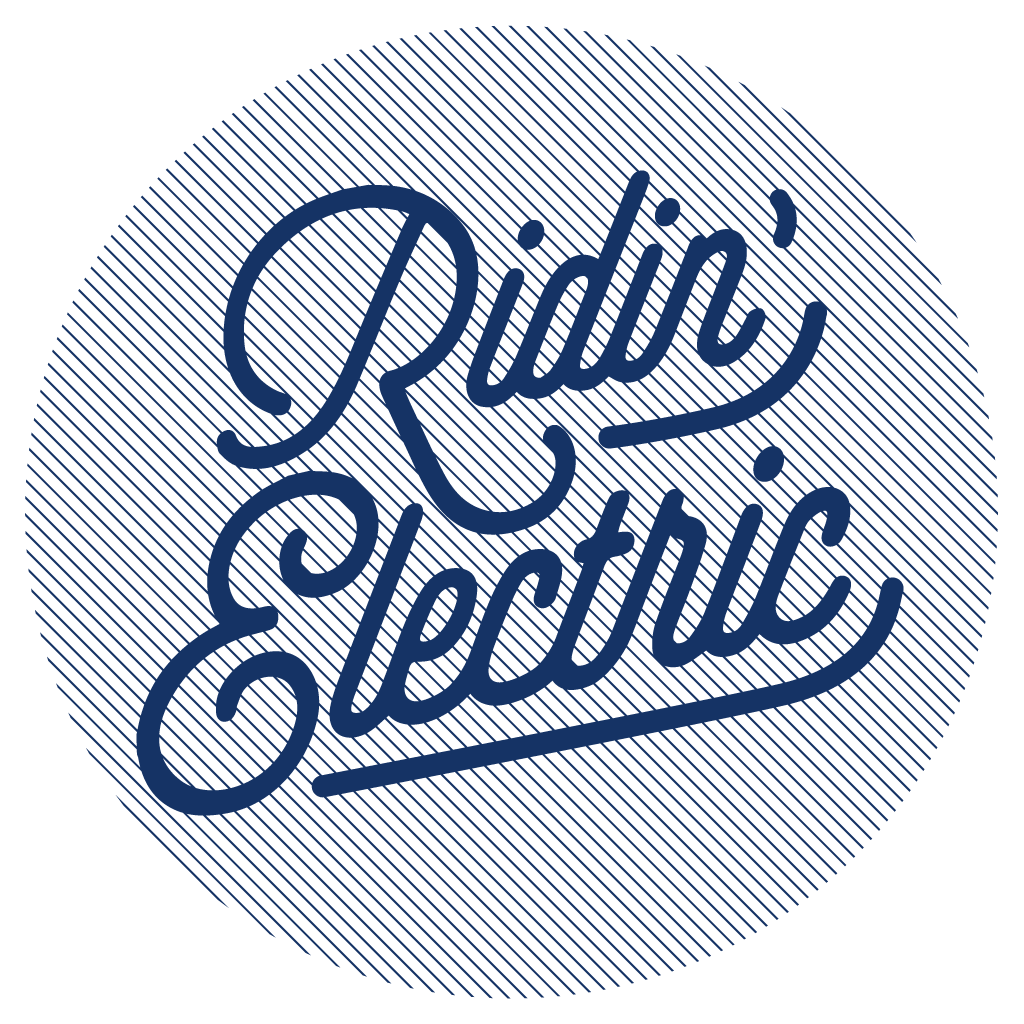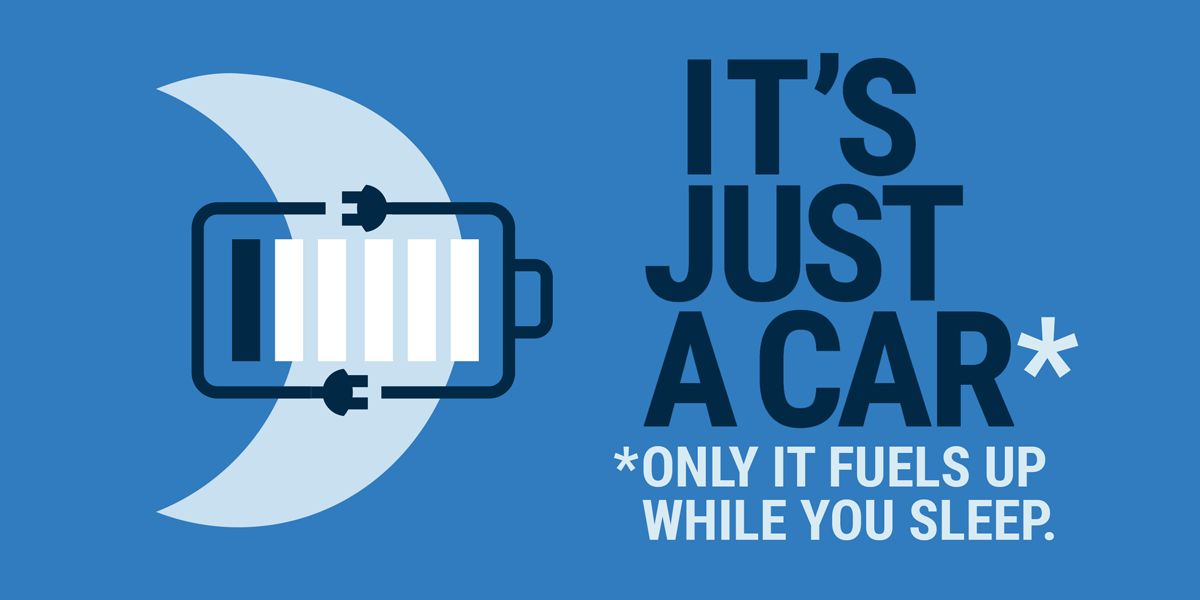EV 101
DRIVING ELECTRIC IS BECOMING THE NEW NORMAL. GET TO KNOW ELECTRIC CARS — AND SEE HOW WELL ONE FITS INTO YOUR LIFE.
FUEL EFFICIENT
The most fuel-efficient cars on the market are the ones that don’t use fuel. Even with low gas prices, electric cars are up to three times cheaper than a gas-powered car to drive. Compare fuel costs.
AFFORDABLE
New EVs start at $16,000 after federal tax credits; pre-owned models can cost half that. Factor in dealer subsidies and an electric car becomes even more affordable.
LOW MAINTENANCE
Say goodbye to oil changes and hello to longer-lasting brakes. EV maintenance is shockingly minimal. Low operating costs usually offset the costs in one year.
GOOD FOR THE PLANET
Transportation accounts for 29% of US greenhouse gas emissions, so driving an EV makes a real difference. And electric cars get greener as the electricity grid grows cleaner.
FUN TO DRIVE
Electric vehicles are powerful, responsive and quiet as a ninja. The acceleration is smooth, with none of the bumps and jolts you associate with a transmission-based car.
FIT YOUR LIFESTYLE
Most people drive less than 50 miles a day, a range that’s easily covered by today’s electric car models. There’s an EV for every lifestyle — small cars, big cars, luxury cars, economy cars, new cars and used cars. Which one is right for you? Take the quiz and see.
BUSTED MYTH
Electric cars are just for rich people.
The cost of an EV is increasingly comparable to a similar internal combustion engine (ICE) car. Add to that the lower cost of ownership. Some estimate electric car drivers can save more than $10,000 on car ownership costs over five years compared with ICE vehicles.

What is an electric car?
An electric car is exactly what you think — a car powered by an electric motor rather than a gas-powered internal combustion engine. It doesn’t have a transmission, gas tank, tailpipe or complicated gear system. If you’re thinking that makes car maintenance simpler, you’d be right.
How far can an electric car go?
An electric vehicle (or EV, for short) can drive for up to 275 miles before needing a charge. Using the heater or air conditioner can shorten the range somewhat. Most people won’t need to recharge during the day, but if you do want to charge up while you’re out and about, you won’t find a better place than the areas served by the Clean Charge Network.
BUSTED MYTH
An electric car can’t meet my driving needs
Studies show EVs could replace 87 percent of cars on the road, even with no place to recharge during the day. In the areas served by the Clean Charge Network — where 1,200+ public charging stations dot the roadways — that figure is 100 percent. “Range anxiety” is ancient history.
CHARGING

Where do I plug in?
Most electric car drivers take advantage of at-home charging. It takes just seconds to plug in — all you need is a sufficiently sized outlet and an EVSE. (That stands for electric vehicle service equipment.) You don’t even need a garage! The average EVSE costs from $500 to $750; charging equipment providers can help you choose the best option.
Where can I charge around town?
If you’re in the greater Kansas City area, Wichita area or Topeka area — count yourself lucky. Thank to the Clean Charge Network, the region has more public electric car charging stations per driver than almost anywhere in the country. Find the chargers closest to you on this interactive Chargepoint map. Other apps such as PlugShare make finding public chargers easy.
AC LEVEL 1 CHARGING
is through a 120-volt outlet, the standard household size. This level requires about eight hours to provide 40 miles of range.
AC LEVEL 2 CHARGING
takes 240-volt service and is the most commonly used home charging system. It can deliver a charge of 10 to 60 miles of range per hour.
DC FAST CHARGING EQUIPMENT
typically used for public stations — is very fast, providing a charge of up to 100 miles in 20 minutes.
BUSTED MYTH
Electric cars take a long time to recharge
Most people can fill their daily driving needs on an overnight charge. If they do need to charge in public, DC fast chargers provide up to 70 miles of range in just 20 minutes. Level 2 chargers deliver a charge of 10 to 60 miles of range per hour. But most drivers treat charging their car like they do their mobile phone — a bit at a time when it works into their schedule.
SAVINGS

How much does it cost to charge?
Electric car efficiency is measured in kilowatt-hours (kWh) per 100 miles instead of miles per gallon. Costs vary depending on the price of electricity and gas — and the car’s efficiency — but it can run about $5 to drive your electric car for 100 miles. Out and about and need a charge? Some public charging stations in the Clean Charge Network are free!
Tell me more about tax credits and incentives.
A federal tax credit of up to $7,500 is available for the purchase or lease of an electric car. These funds are applied to the amount of federal income tax you owe, so the credit can vary from $2,500 to $7,500. Dealerships and automakers also offer occasional incentives — and the Clean Charge Network has been known to arrange special group buys with amazing pricing.
BUSTED MYTH
An affordable electric car is a boring electric car
The drivability of electric cars is one reason owner satisfaction is so high. Acceleration is incredible. Instant torque is awesome. The ride is smooth, safe and quiet. So many people have the same reaction after an electric car test drive, they’ve had to name the phenomenon: The EV Smile.
WANT TO LEARN MORE?
Our bi-monthly newsletter spotlights EV trends, news about the Clean Charge Network, EV driver profiles, event details and more!

